According to data from the Korea Iron and Steel Association, steel imports from China and Japan increased significantly last year. However, domestic steel companies are facing serious competition as domestic products are launched at more affordable prices. For example, domestic hot rolled steel sheets are sold at 5% to 10% lower prices than imported products. Recently, the price of domestic hot rolled steel sheets (SS275 based) is around 700,000 won (514 USD) per ton.
The high level of the won-dollar exchange rate causes increasing problems in the steel industry. As the exchange rate rises, import costs such as steel raw materials and fuel increase. This negatively affects the profitability of domestic producers.
The sector aims to overcome the crisis with large-scale facility investments and repairs. The introduction of new technologies and increasing productivity aims to increase the competitiveness of steel. Large companies such as POSCO plan to improve their performance and safety standards by focusing on the renovation of old facilities.
Hyundai Steel, on the other hand, will invest 2 trillion won (1.4 billion USD) in facilities and expand its facilities this year. It also plans to establish a steel service center for electric vehicles in the US. It aims to develop environmentally friendly production facilities by focusing on carbon neutrality.
"The source of steel competitiveness comes from cost," said an official from the steel industry, adding: "To increase profitability, we will implement various measures such as building smart blast furnaces and increasing the efficiency of existing facilities.


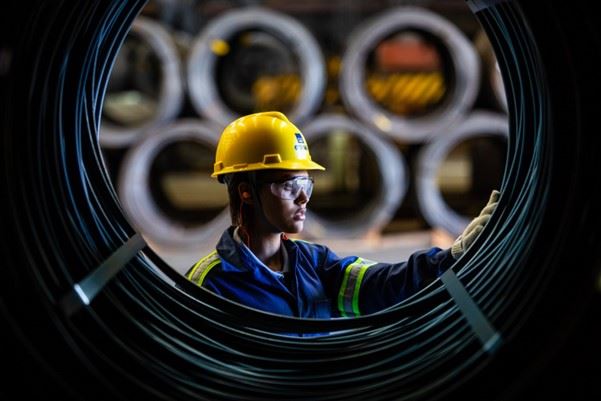
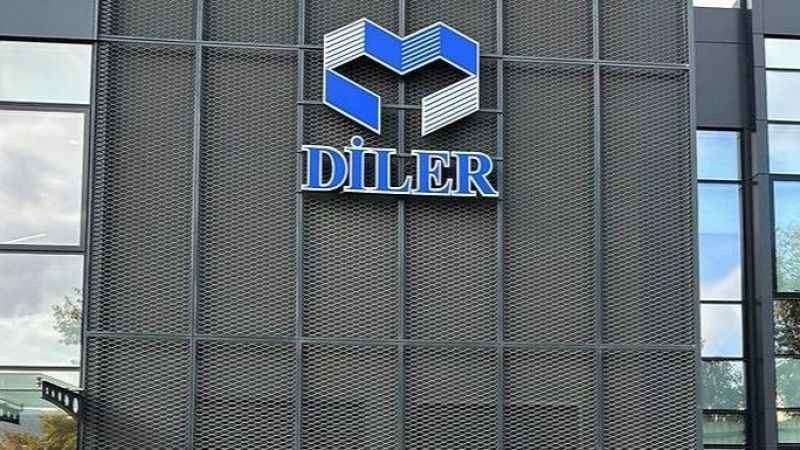
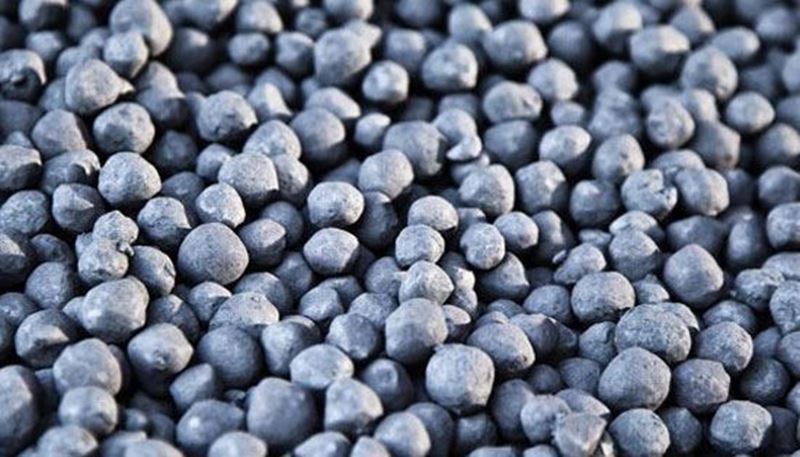
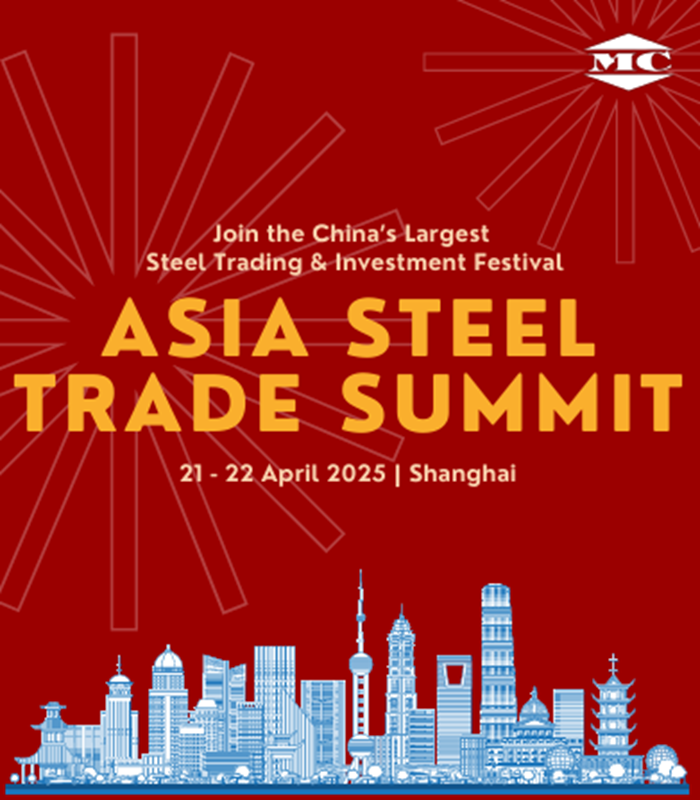
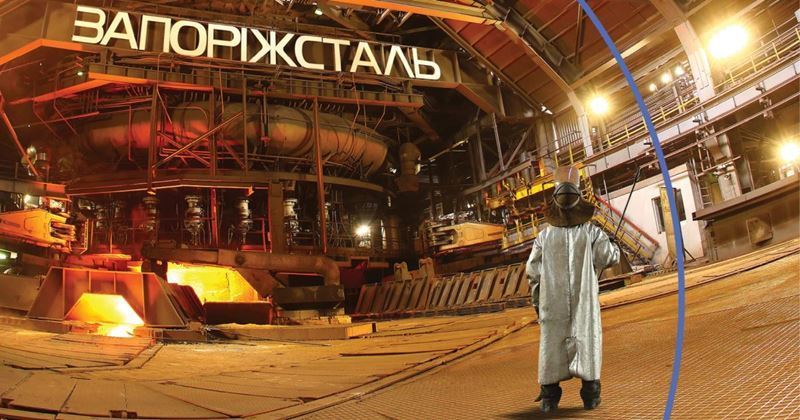


Comments
No comment yet.